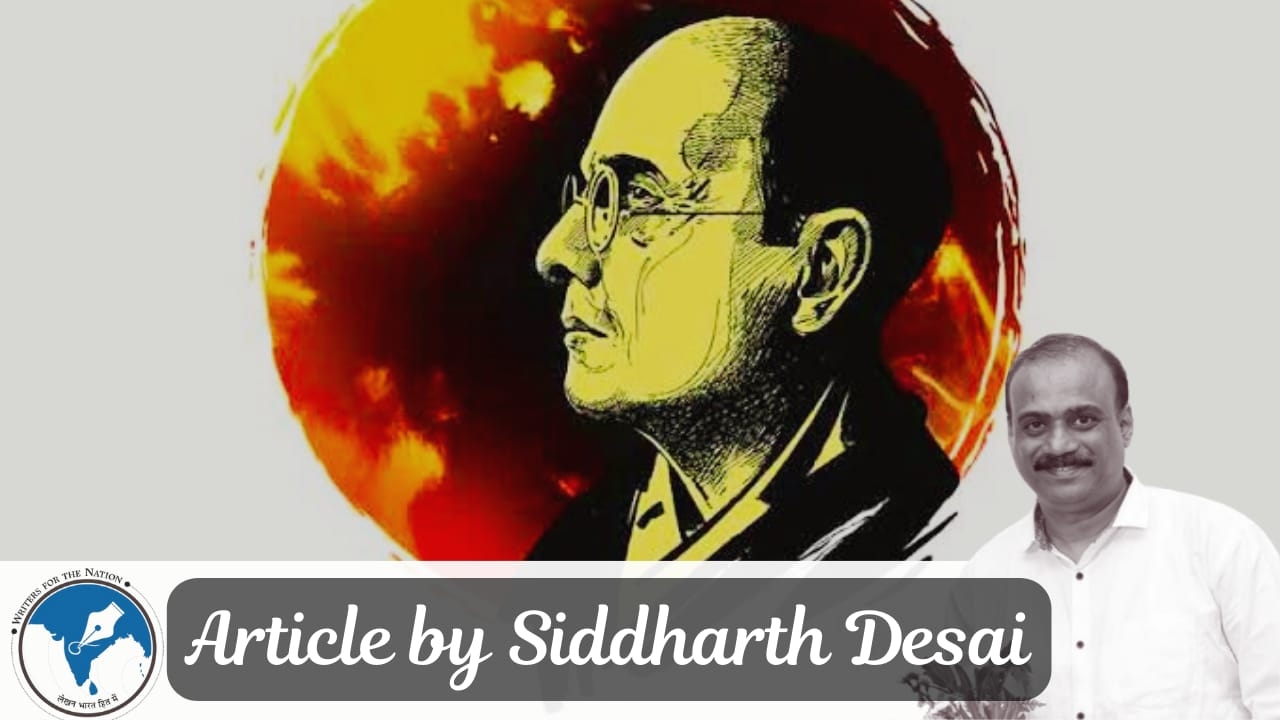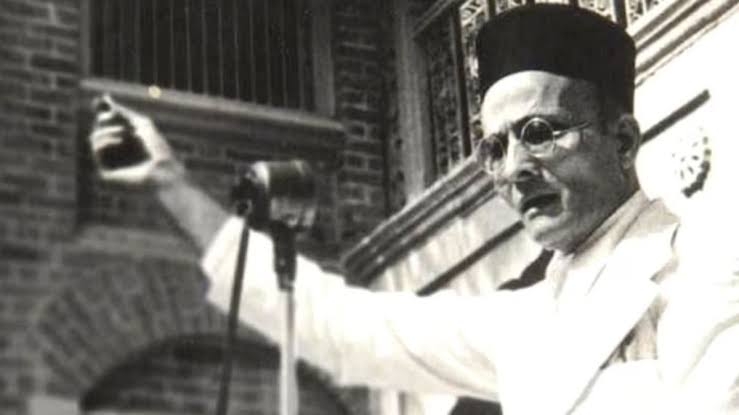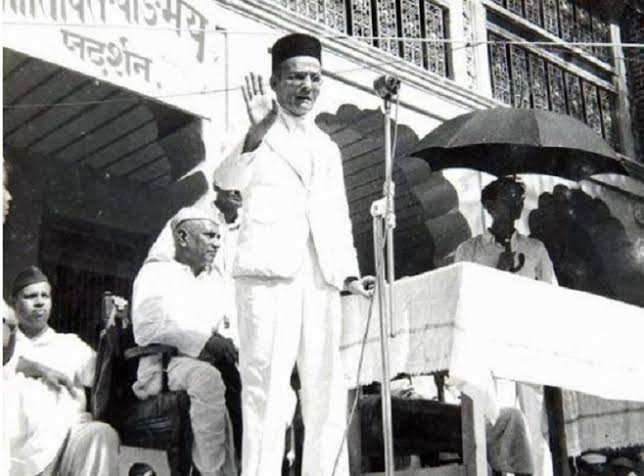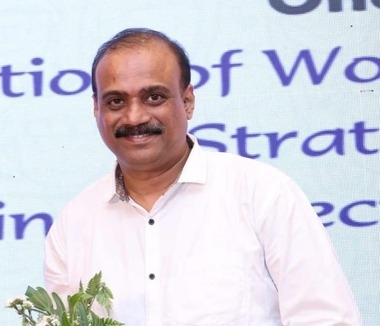Vinayak Damodar Savarkar: Revolutionary Thinker and Pivotal Nationalist Leader of India's Independence Struggle

The Indian independence movement saw the emergence of numerous remarkable individuals who dedicated themselves to the nation's cause. Among them was Vinayak Damodar Savarkar, a revolutionary who voiced his dissent against British rule through his writings and ideas, significantly contributing to the unification of India.
Despite receiving a harsh life imprisonment sentence from the British government, Savarkar remained undeterred and tirelessly continued his struggle for independence.
Veer Vinayak Damodar Savarkar was not only a prominent revolutionary but also an esteemed thinker, philosopher, writer, poet, orator, and politician.
As a pioneering nationalist leader, he authored an influential history of the First War of Independence in 1857, which left a profound impact on British colonial rule. His contributions to the freedom movement, religious reforms, social equality, and political philosophy remain highly relevant today. His political ideology, encompassing utilitarianism, positive thinking, humanism, universality, pragmatism, and realism, continues to spark discussions.
Savarkar was born into a middle-class family in the Nashik district of Maharashtra on May 28, 1883. He lost his mother at the age of nine and his father seven years later. His elder brother Ganesh took on the responsibility of raising the family. Despite these early hardships, Savarkar excelled academically, graduating from Ferguson College in Pune before moving to London to study law. In London, he immersed himself in political activism.
Savarkar's revolutionary activities reached a peak when he wrote about Madan Lal Dhingra's assassination of Curzon Wyllie in the London Times. Arrested in 1910, he famously escaped through a porthole of the SS Morea, only to be recaptured and sentenced to life imprisonment in the Cellular Jail of Port Blair, where he remained until 1921. His relentless pursuit of India's independence and his prolific writings during his imprisonment left a lasting legacy.
In 1959, Pune University honoured Savarkar with an honorary D.Litt degree. After enduring personal losses and health challenges, he passed away on February 26, 1966. Throughout his life, Savarkar played a crucial role in shaping nationalist political ideology. His vision of Indian nationalism emphasized geographical unity, racial qualities, and common culture, advocating for a unifying language such as Sanskrit or Hindi.
From his early years, Savarkar was committed to nationalist ideology, founding the revolutionary group Abhinav Bharat to liberate India from British rule. He supported the Swadeshi movement, burning foreign clothes in protest, and was a complex figure advocating for both Hindu nationalism and social equality.
Savarkar's idea of nationalism, encapsulated in his concept of 'Hindutva,' went beyond religious identity, viewing it as a cultural and spiritual essence necessary for national resurgence.
He envisioned an undivided India, stressing the importance of cultural nationalism and geopolitical integrity. His efforts extended to social reform, aiming to spread the spirit of nationalism across all communities. His works was circulated secretly, inspiring countless revolutionaries.
Savarkar's multifaceted personality and ideology present a complex and sometimes contradictory figure. He was a staunch advocate of Hindu nationalism and a critic of the caste system. An atheist who embraced rationalism, he opposed religious superstitions like cow worship while promoting a political definition of Hindutva. His book "Hindutva: Who is a Hindu?" emphasized Hindu identity but also acknowledged the contributions of non-Hindus to Indian society.
Savarkar's opposition to caste discrimination and untouchability, along with his efforts to challenge orthodox traditions and advocate for women's rights, further highlight his reformist stance. His portrayal of the 1857 uprising as India's inaugural War of Independence offered a cohesive storyline for all the groups engaged in the battle against British authority. Despite British attempts to suppress his work, Savarkar's writings inspired a generation of revolutionaries and left an indelible mark on India's independence movement.
Vinayak Damodar Savarkar's enduring legacy is a testament to his unwavering dedication to India's freedom and his profound impact on the nation's political and social landscape. His relentless pursuit of independence, combined with his intellectual contributions and reformist zeal, has left an indelible imprint on India's history.
Savarkar's complex and multifaceted ideology, encompassing both nationalism and social reform, continues to inspire and provoke debate. As one of India's most significant thinkers and revolutionaries, Savarkar's life and work remain a crucial part of the narrative of India's struggle for freedom, reminding us of the power of resilience and the enduring quest for justice and equality.
Article by

Siddharth Desai
Columnist - Writers For The Nation
Mumbai, Maharashtra